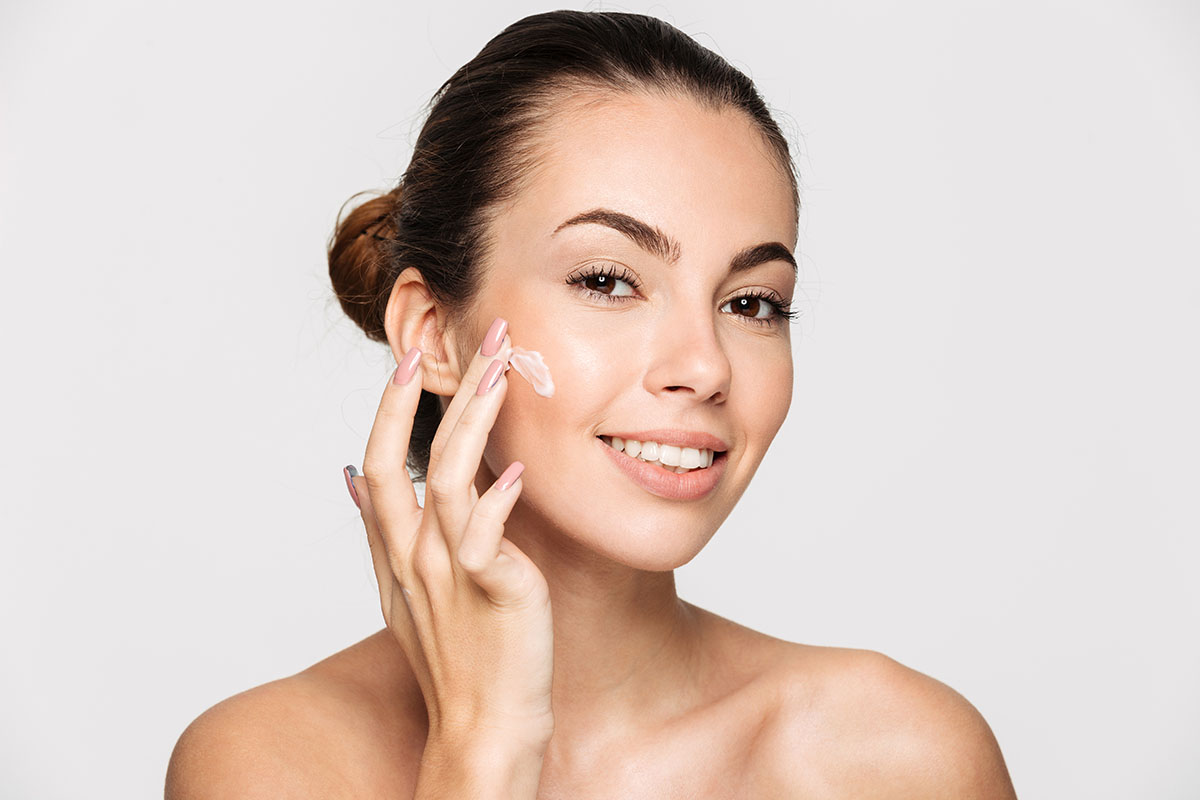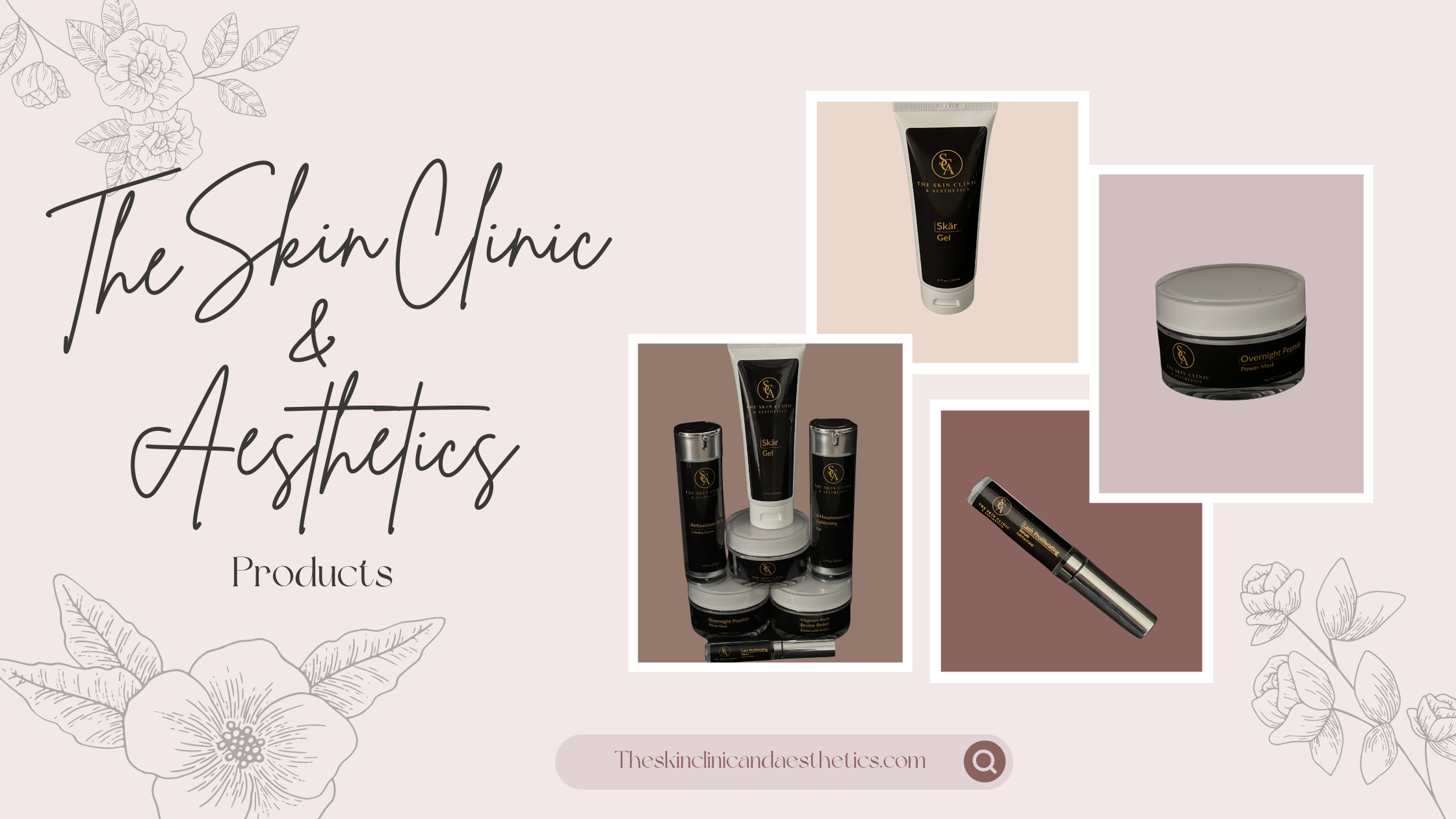Barrier repair’ is a buzzword that’s getting bigger and bigger in the skincare industry, but contrary to many trends that come and go, you best believe the hype on this one. After all, your skin barrier holds a lot of responsibility—it’s the reason your skin shines radiantly, as well as why it looks dry, dull, and lackluster. And sometimes, we can be doing damage to our skin barrier without even realizing. Let’s delve into the details…
What is Your Skin Barrier?
Our skin has a lot of different layers, and your skin barrier is the outermost of them all. It has two main jobs: One is to keep the good stuff sealed in (think healthy natural oils, hydration, and moisture), and the second is to keep bad things out (like irritants in the environment, for example).

When your skin barrier is working at its strongest, it’ll do exactly that—and your skin should feel hydrated, soft, and lusciously plump. When your skin barrier has been damaged on the other hand, that’s another story. It becomes difficult for it to function properly, and you may notice dull, dry, or flaky skin creeping in.
What Causes a Damaged Skin Barrier?
Our skin barriers get damaged when lipids (the natural fats that help our skin) are broken down. There are many reasons why this can happen. Firstly, there’s genetics, aging, and environmental factors, which, let’s face it—are largely out of our control. Secondly, however, there’s our skincare routines and sleeping regimens. So, here are a few things to watch out for if you want to keep your skin barrier at its brilliant best.
- Water that’s too hot or cold. Whenever you’re applying water to your skin, opt for lukewarm water. If it’s too cold, it may not remove the dirt and grime. If it’s too hot, you could be doing damage your skin’s natural oils.
- Over exfoliating. If you’re a lover of the exfoliator, listen up. While exfoliating correctly can have plentiful benefits for your skin, it’s easy to go overboard. Try to keep your exfoliating regimen to 2-3 times per week and take a break if your skin becomes red, dry, or flaky.
- Using too many active ingredients. While the likes of AHA, retinol and acne creams can be highly effective for our skin, it is possible to overdo it by applying too many active ingredients at once. This is because active skincare ingredients tend to be very concentrated. If they’re causing you irritation, try reducing how often you apply them, try alternating them, or spread them out across the week. And if in doubt, consider scheduling a trip to The Skin Clinic & Aesthetics.
- Sun damage. It may sound like we’re constantly shouting about sunscreen, but it’s for a good reason (promise!). We can’t say it enough—it is the biggest and best protector against UV rays and their skin-damaging effects.
- Your sleep schedule. If you’ve ever woken up after a night of tossing and turning to puffy, tired-looking skin—now you know why. There’s nothing like a great night’s sleep for strengthening the skin barrier.
The Signs of a Damaged Skin Barrier
If your skin has been feeling lackluster as of late, you may now be wondering whether a damaged skin barrier could be the culprit. Here are some of the most common signs of a compromised skin barrier:
- Redness
- Rosacea
- Dry, scaly skin
- Discolored patches
- Tightness and irritation
- Sensitive or inflamed areas
- Bacterial, viral, or fungal infections
- Eczema
How to Maintain Your Skin’s Barrier to Prevent Damage
If you’re experiencing a breakdown in your skin’s barrier, what you apply topically becomes more critical than ever. Here, we’ve got some tips for taking a methodical approach to restoring, nourishing and strengthening your skin with proven products.

Heal With Antioxidants
A damaged skin barrier needs restoration. Step one: Help replace depleted skin lipids by applying oils that are chock-full of antioxidants, such as sunflower and safflower oils, which hydrate with Linoleic acid. Beware of heavily fragranced varieties, such as mint or citrus oils, which can irritate sensitive skin. Products containing panthenol—a vitamin B-5 derivative—also work as healing lubricators, as do products with niacinamide, an ingredient that increases ceramide production and restores skin barrier function.
Hydrate Continuously
A damaged epidermis requires moisture, so keeping your face and body well hydrated is critical in the fight to restore and maintain a healthy skin barrier. Reach for creams, lotions and serums that contain moisture-binding humectants, such as glycerin, sorbitol and hyaluronic acid. The latter is also a powerful anti-aging ingredient that locks in moisture and improves elasticity to help you retain plump, youthful-looking skin.
Reduce Inflammation
Harsh chemicals in acne-fighting products, over-exfoliation and retinoid use are all culprits that can inflame conditions like eczema and rosacea. To keep redness and dry, flaky skin at bay, discontinue use of such aggravating products until your skin heals, and then stagger use of anti-acne and anti-aging ingredients to every other day or a few times a week. Ditch cleansers and toners with astringents altogether, opting for those with calming ingredients like colloidal oatmeal—a natural anti-irritant—to help soothe redness.
Use Sunscreen and Supplements
Sun exposure is one of the leading causes of a damaged skin barrier, and continued exposure to UVA and UVB rays impedes skin-barrier restoration. Use a broad-spectrum sunscreen with an SPF of 30 or higher every day, and be sure to select one that’s full of antioxidants for anti-aging benefits in addition to protection. You can also work from the inside out: A diet rich in essential fatty acids or an omega-3 supplement can also help nourish and soothe the skin.
We have our own products at the skin clinic and aesthetics that we can personalize to your skin care needs. Call 208.758.8586 or come on in to our Pocatello office 1155 Yellowstone Ave Suite F to check them out.
